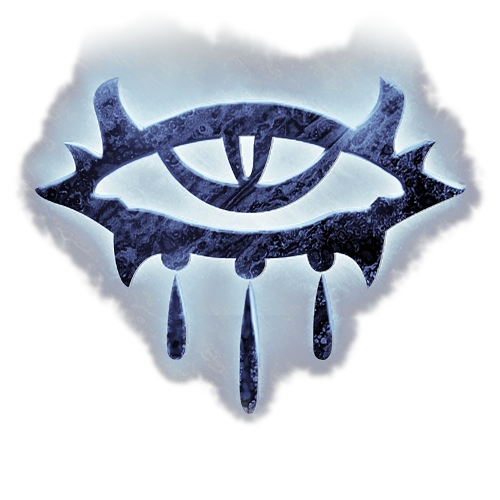(removing erroneous, non-BioWare info from the description) |
(Fixing bad Unicode stuff) |
||
| Line 10: | Line 10: | ||
*'''[[untrained skill check|Requires Training]]''': No |
*'''[[untrained skill check|Requires Training]]''': No |
||
| − | *'''Check''': Detecting a trap is an opposed test, pitting the |
+ | *'''Check''': Detecting a trap is an opposed test, pitting the character's Search check against a [[difficulty class]] equal to the [[set trap]] skill check, plus the strength of the trap. Only [[Rogue]]s may detect traps with a DC greater than 35. |
*'''Special''': [[Elf|Elves]] and [[Dwarf|Dwarves]] receive a +2 bonus to their Search checks and [[Half-Elf|Half-Elves]] gain a +1 bonus. |
*'''Special''': [[Elf|Elves]] and [[Dwarf|Dwarves]] receive a +2 bonus to their Search checks and [[Half-Elf|Half-Elves]] gain a +1 bonus. |
||
| − | *'''Use''': Search is part of the [[detect]] modal action. In Passive Detect mode, checks are made automatically every round. Active Detect mode is a modal action that reduces the |
+ | *'''Use''': Search is part of the [[detect]] modal action. In Passive Detect mode, checks are made automatically every round. Active Detect mode is a modal action that reduces the character's normal movement rate and performs an Active Search, as well as [[spot]] and [[listen]] checks. |
== Notes == |
== Notes == |
||
| − | *The default detect |
+ | *The default detect DCs for the standard traps are listed in the notes for the [[set trap#Notes|Set trap article]]. However, module designers are free to change this value. |
*Search checks are made every round, not continuously. A running character might enter a trap before being given a chance to detect it. |
*Search checks are made every round, not continuously. A running character might enter a trap before being given a chance to detect it. |
||
*Search checks involve a die roll. Standing still allows a character to make additional search checks in the same area, possibly revealing a trap that had been missed by earlier rolls. |
*Search checks involve a die roll. Standing still allows a character to make additional search checks in the same area, possibly revealing a trap that had been missed by earlier rolls. |
||
Revision as of 15:55, 12 September 2007
Search is used to detect traps, find hidden objects, and secret doors.
- Ability: Intelligence
- Classes: Assassin, Ranger, Red Dragon Disciple, Rogue, Shadowdancer
- Cross-Class: Yes
- Check: Detecting a trap is an opposed test, pitting the character's Search check against a difficulty class equal to the set trap skill check, plus the strength of the trap. Only Rogues may detect traps with a DC greater than 35.
- Special: Elves and Dwarves receive a +2 bonus to their Search checks and Half-Elves gain a +1 bonus.
- Use: Search is part of the detect modal action. In Passive Detect mode, checks are made automatically every round. Active Detect mode is a modal action that reduces the character's normal movement rate and performs an Active Search, as well as spot and listen checks.
Notes
- The default detect DCs for the standard traps are listed in the notes for the Set trap article. However, module designers are free to change this value.
- Search checks are made every round, not continuously. A running character might enter a trap before being given a chance to detect it.
- Search checks involve a die roll. Standing still allows a character to make additional search checks in the same area, possibly revealing a trap that had been missed by earlier rolls.
- The search skill is also used to detect hidden trap doors or hidden wall doors in some dungeons.
